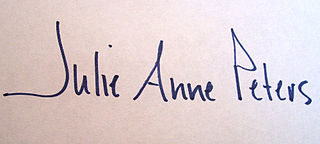A Quote by Billy Collins
Related Quotes
Nearly all men and women are poetical, to some extent, but very few can be called poets. There are great poets, small poets, and men and women who make verses. But all are not poets, nor even good versifiers. Poetasters are plentiful, but real poets are rare. Education can not make a poet, though it may polish and develop one.
In Eden I "saw" that Adam or Eve probably spoke each word FOR THE FIRST TIME and that seemed wild and seemed to me that that might have brought them to some essence of language. Once I "saw" the city, I knew it was real. once I saw that a poem was a house, i knew it was real and could go back to it or else write a flurry of poems around it, both worked.
I feel that life is divided into the horrible and the miserable. That's the two categories. The horrible are like, I don't know, terminal cases, you know, and blind people, crippled. I don't know how they get through life. It's amazing to me. And the miserable is everyone else. So you should be thankful that you're miserable, because that's very lucky, to be miserable.





































